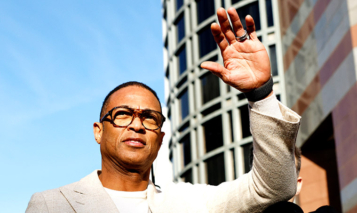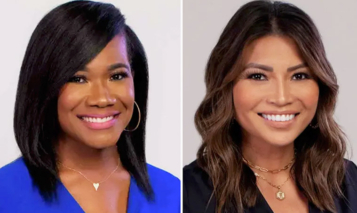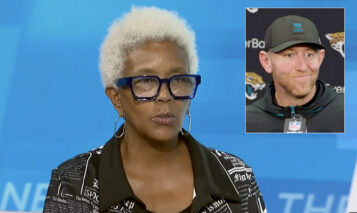
In December 2022 Veronica Johnson was named chief meteorologist at ABC News affiliate WJLA-TV in Washington, DC. Her journey to the top took nearly 30 years.
Johnson became interested in the weather at age 12. She earned her undergraduate degree at the University of North Carolina at Asheville, where she specialized in atmospheric sciences.
Johnson started her career at The Weather Channel, and then moved to Baltimore where she worked at WBFF. Her journey took her to WABC-TV in New York, and WMAR in Baltimore.
After leaving WMAR in 1999, she joined News4 in 2000, and was appointed to the board of the American Meteorological Society in 2005.
She left News4 and moved to WJLA-TV in 2016. When WJLA’s chief meteorologist Doug Hill, announced that he was retiring in 2016, Johnson applied for his job. She was denied, despite her extensive expertise and experience.
Six years later, she was named the first Black and female chief meteorologist in the Washington, DC broadcast market.
“Someone has to be the first,” Johnson told The Washington Post in a recent phone interview. “I’m still standing on the shoulders of the few that have come before me.”
The National Association of Black Journalists says there are about 138 Black meteorologists in the US. About 46 percent are women.
As of February 2023, there are only three Black female meteorologists in television news.
According to AMS President Richard Clarke, Black women in chief meteorologist positions is “low,” because the field is still dominated by white men.
The few Black women who do ascend to chief meteorologist face racist backlash from viewers.

Janice Huff is the Chief Meteorologist for NBC 4 New York for many years. She delivers weather reports for the station’s 5 p.m., 6 p.m. and 11 p.m. newscasts. Huff is one of the nation’s most recognized and trusted weather forecasters.

Karlene Chavis, the first Black chief meteorologist in San Diego, said she received backlash from viewers.
She described the offensive and racist comments she received in social media messages that said she was “too street to be on TV” and that she “only got the job because she was Black.”
“All I could do was just realize I wasn’t doing this just for myself. I was doing this because of representation,” said Chavis, 37.
Chavis said she hopes to inspire future generations of girls to look skyward and pursue meteorology positions.
“I want the field to look like everyone that lives in the United States,” Chavis said. “Being a trailblazer means that I won’t be the last. I’m just the first.”





